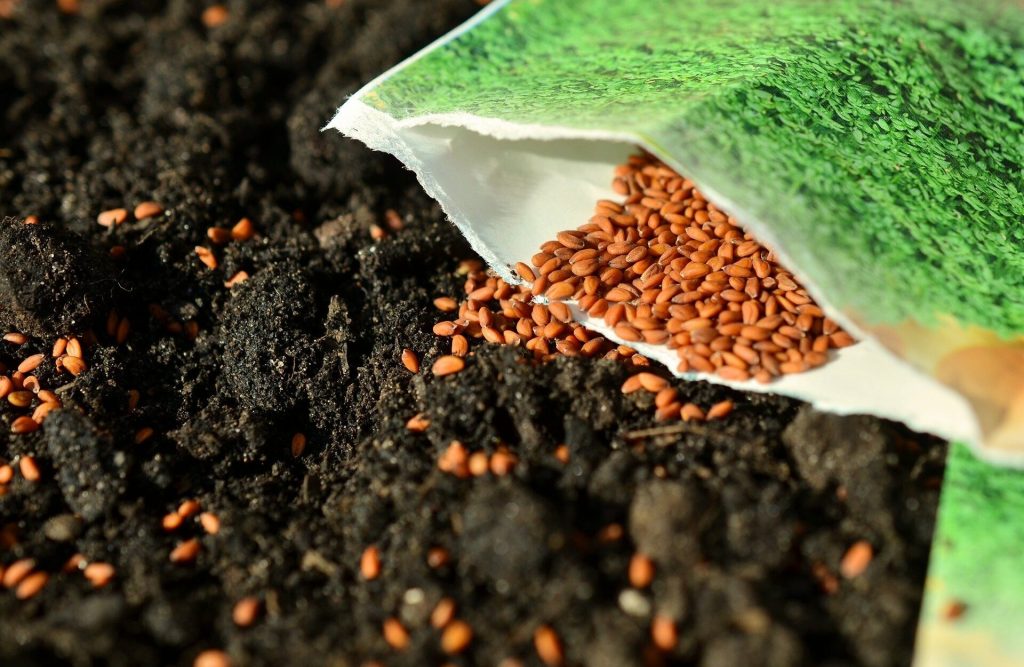The genetics of weed seeds play a critical role in determining the characteristics and quality of the cannabis plants they produce. With the growing legalization of cannabis and increasing interest in its cultivation, both professional growers and hobbyists are looking to understand the genetic makeup of seeds to optimize their crops. To begin with, cannabis plants are dioecious, meaning they have distinct male and female plants. The seeds carry genetic material from both the male and female parent plants, which determines traits such as potency, flavor, yield, and resistance to pests or diseases. Cannabis seeds come in various types, primarily categorized into regular, feminized, and auto flowering. Regular seeds are the most natural form, carrying both male and female chromosomes, which means about half of the seeds will grow into male plants and the other half into females. This type of seed is often preferred by breeders looking to produce new strains, as both male and female plants are necessary for pollination and seed production.

However, male plants do not produce buds the psychoactive part of the plant, and if left unchecked, can pollinate females, leading to seeded buds, which are less desirable for consumption. Feminized seeds, on the other hand, are genetically engineered to produce only female plants, which is a major advantage for growers aiming to maximize their yield. Since female plants produce the resinous buds rich in cannabinoids like THC and CBD, feminized seeds ensure that every plant in the crop will contribute to the harvest. Feminized seeds are popular among commercial growers because they simplify the cultivation process and make it easier to optimize growing space. Auto flowering seeds are another important category, especially for beginner growers or those with limited growing conditions. Unlike regular and feminized seeds, which depend on light cycles the amount of daylight versus darkness to enter the flowering phase, auto flowering seeds automatically transition from vegetative growth to flowering after a certain age, regardless of the light conditions.
These seeds are typically crossbred with Cannabis ruderalis, a variety of cannabis that naturally flowers based on age rather than light exposure. Auto flowering seeds tend to have shorter life cycles, making them an excellent choice for growers who want quicker harvests. The genetic lineage of buy weed seeds also plays a significant role in determining the strain’s traits. Sativa strains are known for their uplifting, energizing effects, making them suitable for daytime use. They generally have longer flowering periods and grow taller. Indica strains, on the other hand, are associated with more relaxing, sedative effects and are often used for pain relief or sleep aid. Indica plants are shorter and bushier with faster flowering times. Hybrid strains, as the name suggests, are crossbreeds of sativa and Indica and offer a combination of effects, tailored to the breeder’s goals. In conclusion, understanding the genetics of weed seeds is essential for any grower looking to optimize their harvest.